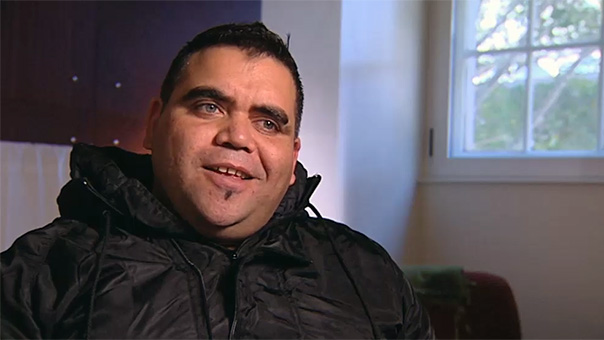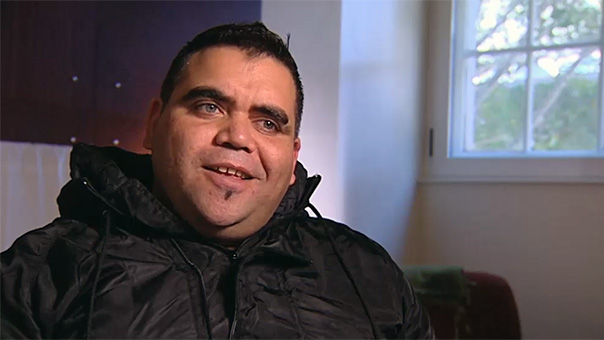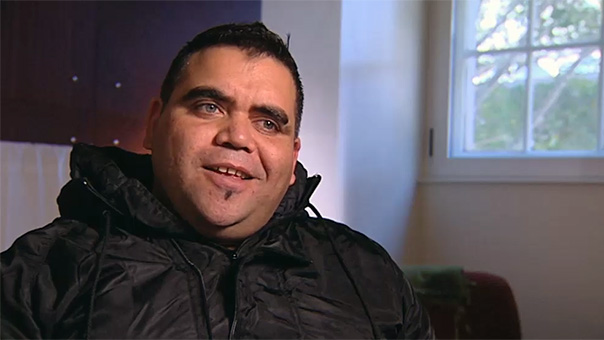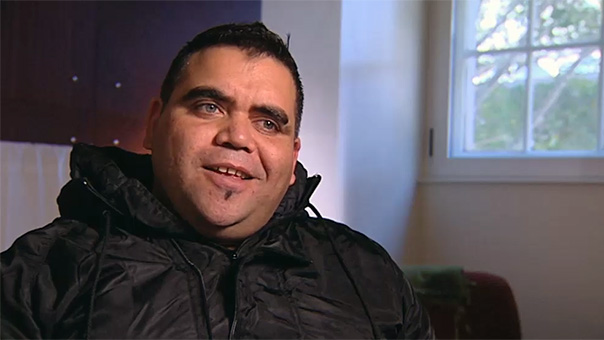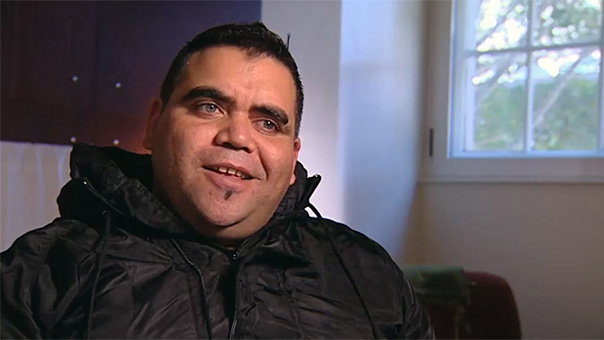2. Advice to aspiring poets
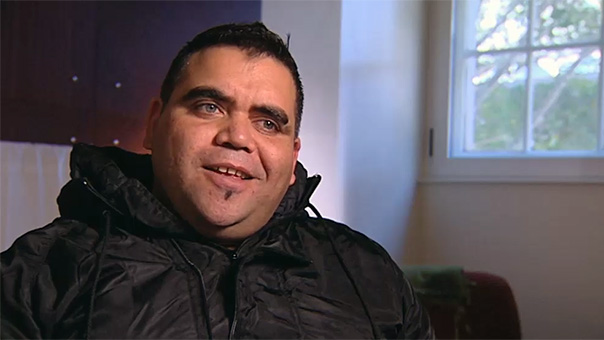
Viewing guide
Reflect on a passion of yours (like playing music or sport). Record your ideas in your folder.
-
When do you feel most inspired to participate in that activity?
-
Can you be told to ‘be inspired’?
-
Locate an inspirational quote that you could use to help you succeed in your passion.
As a class, or in small groups, discuss what advice Samuel has offered.
-
Evaluate whether Samuel's advice applies to aspiring writers from any cultural background.
-
Describe the most useful advice you have ever been given.
-
Give an example of how Samuel’s advice will shape your own poetry writing.
-
Create a collage of words, ideas and images about the topic you chose in the first lesson, or the passion you have been thinking about in this one.
-
Draft a short poem based on your collage. Don’t worry about rhyming or structure; just choose words to describe your collage.
This exercise is designed to get students thinking about writing as an expression of their own interests and what is real to them. Encourage them to write without structure or form, to focus only on creating a picture with words that describes the collage they have created.
Depending on the range of abilities within your class you might like to show them a pre-prepared collage and write a short 3 or 4 line poem based on it as a class activity before sending them to individual work.
Syllabus outcomes
-
responds to and composes increasingly sophisticated and sustained texts for understanding, interpretation, critical analysis, imaginative expression and pleasure (EN5-1A)
-
selects and uses language forms, features and structures of texts appropriate to a range of purposes, audiences and contexts, describing and explaining their effects on meaning (EN5-3B)
-
understands and evaluates the diverse ways texts can represent personal and public worlds (EN5-7D)
-
explains adaptations in, and the changing nature of, Aboriginal cultural expression across time and location (AS5.4)
-
assesses the significance of contributions of Aboriginal Peoples to Australian society (AS5.7)
-
analyses the interaction of the wider Australian community with Aboriginal Peoples and cultures (AS5.8).
Interviewer: What would you say to young Aboriginal students who might aspire to become writers or poets?
Samuel Wagan Watson: Look, university is not for everyone, but I think you can just pick up as much education in the workforce, in the world, as you can in a university environment. The wonderful thing about universities now, though there are creative writing courses which I think a lot of our young people will really benefit from, especially those who have a really analytical mind. And I encourage them to do that and it is now more of a safer environment in our learning institutions for young indigenous people. I mean there's still the pressures - I mean it's very expensive to be a student these days but if you can make it work, then it's all there for you. I still maintain it is a very low-maintenance art form, writing. So you know my one solitary piece of advice: develop that regime of working at everyday. Think of it as a triathlete who goes to the gym everyday or runs everyday. You have to do that with your work to get some distance out of it.
Interviewer: Thank you Samuel. Thank you for your time. I have enjoyed reading your poems. I will enjoy reading future poems. I'm sure all our young readers out there will enjoy reading your poems and look forward to your next set of poems. Thank you.
